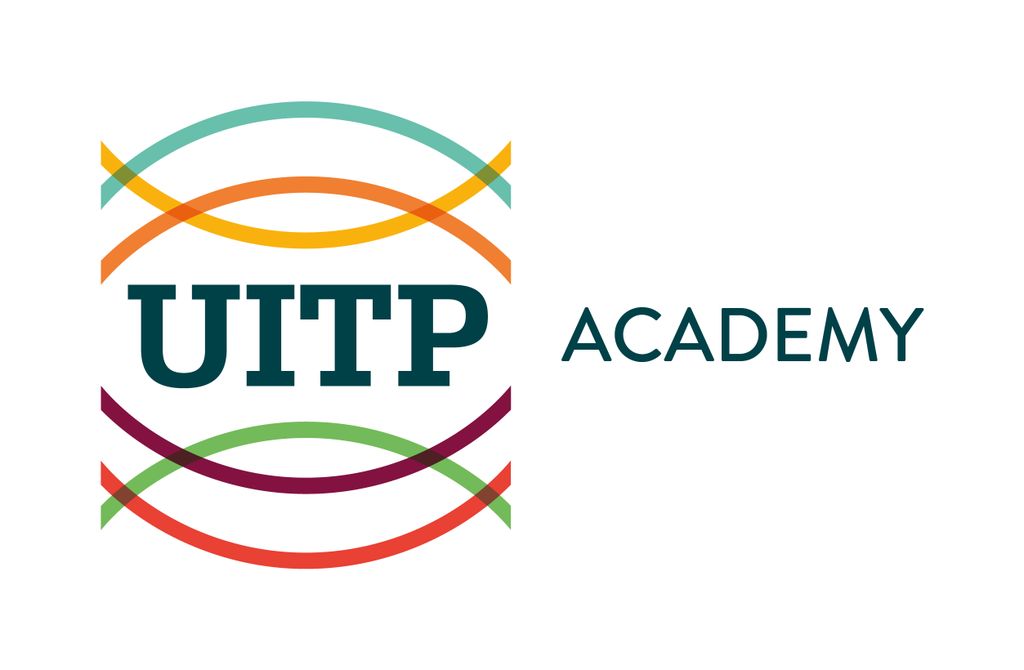
Resilience Management in PT for North America
About
Public transport networks are vulnerable to a wide array of incidents that can disrupt or terminate services temporarily. It is crucial to prepare in advance and manage these situations effectively during a crisis. These incidents range from accidents and natural events such as floods, typhoons, and earthquakes to terrorist attacks. They can vary from minor, localized emergencies to full-scale crises and everything in between.
Effective planning and regular practice of response strategies are essential to ensure business continuity and maintain a resilient network. When an incident occurs, a coordinated and well-managed response is vital.
Climate change is a real and pressing phenomenon impacting human life and necessitating changes in standard business practices. Public transport services and infrastructure must adapt to the effects of climate change.
In addition to natural disasters and climate change, public transport services are also vulnerable to financial crises and other incidents that pose financial risks to service provision.
The aim of this training program is to equip participants with best practices and knowledge regarding natural disasters and financial crisis enabling them to benchmark and enhance their emergency preparedness, response, recovery plans and business continuity.
Reach your objectives
- Understand the key elements of resilience in public transport
- Explain the fundamentals of risk and crisis management
- Develop and implement a safety management plan to ensure system’s & passenger safety
- Learning about climate adaptation and benchmarking with international best practices
- Understanding how to incorporate resiliency in capital planning
- Get learned how to implement preventive measures against natural disasters
Who is it for?
- Executives, managers, supervisors, and coordinators from public transport service providers
- City governors, directors or managers from city authorities
- Relevant staff from public transport operators, authorities or the manufacturer and stakeholders
- Professionals interested in obtaining a wider and international perspective in resilience in public transport and eager to learn more from best practice worldwide
- The course welcomes junior and senior professionals worldwide.
A top level methodology
- Get inspired by our trainers, understand the main concepts and learn from successful best practice
- Participate in interactive plenary sessions with introductions by course leaders, presentations by trainers and open discussions with participants
- Challenge your practical knowledge on resilience, climate change, disasters and business continuity
- Address the topic from an international perspective, enriched by different cultural approaches and points of views
- Participate to practical exercises and case studies and local context
- Benefit from a unique exchange of knowledge and experience between professionals
UITP Training Programs and all related processes are certified for ISO29990:2010 – the standard for learning services for non-formal education and training.

Inspiring trainers
All UITP trainers are top-level transport and mobility professionals with extensive experience in public transport and operations from different regions of the world. In addition, UITP invites guest speakers to illustrate specific solutions, practices and, case studies.


